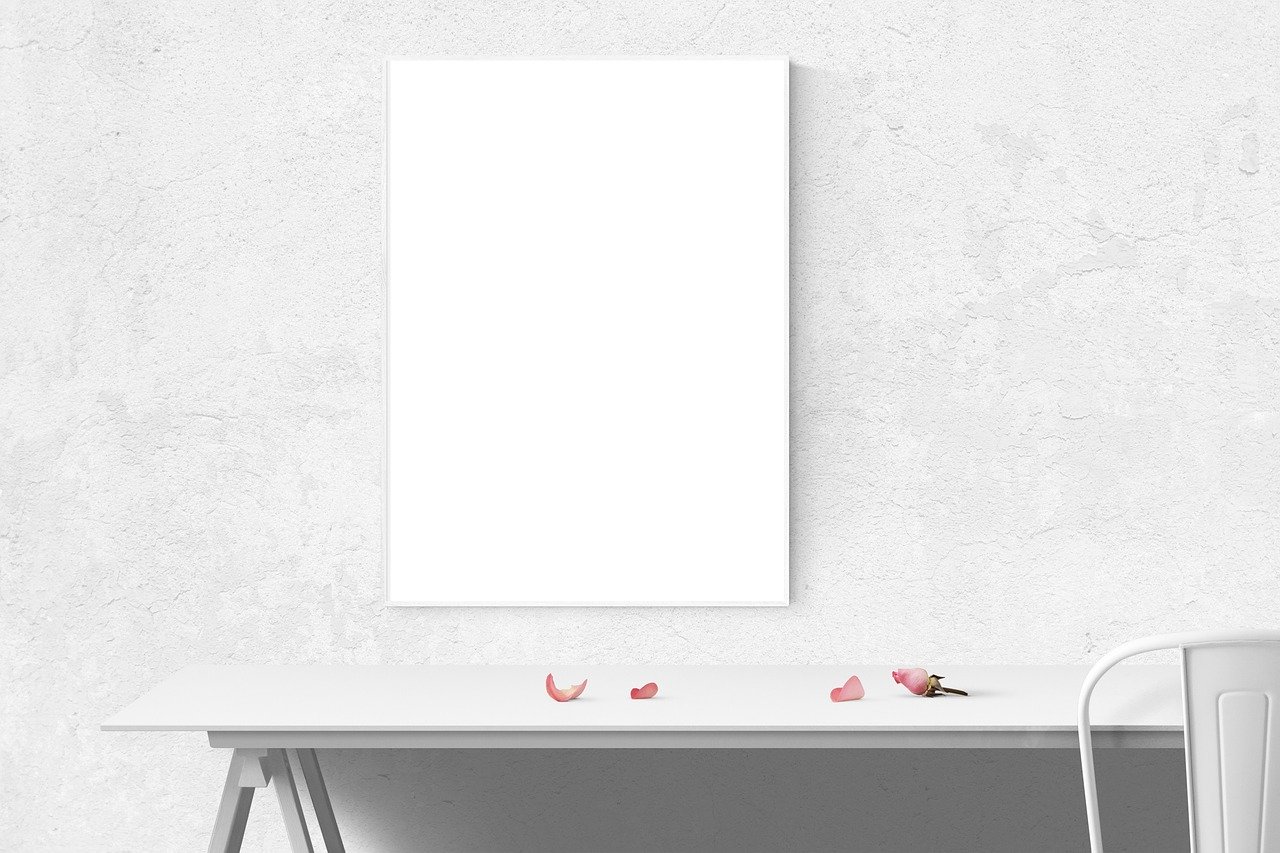Ơi.
It is the stitch between words. What beckons you home.
Ơi.
It is always a female voice. That maternal echo. Lips do not have to move, only part to release a sound of longing from deep within. It cannot be translated, only traced.
Ơi.
It is the sound that remembers who you are when language cannot. Because when you speak in a forked tongue, they laugh. Your English has a low class accent or you need to work on your pronunciation. Your Vietnamese sounds funny coming out of your mouth because Are you sure you’re Vietnamese? How did your parents really meet?
Ơi.
It is how you mother endearingly calls you to her, flowing from your name like a wave of vowels because she cannot pronounce the “d” in the name she gave you in consideration of your white dad’s American English. “Chay ơi,” she calls.
In the echo you hear the Vietnamese version of your name, Ngọc, and, more faintly, the middle name you did not get—Văn—because you were the first in the family to be born in America and you had to fit in. That pressure is thirty years thick; that’s how long it takes you to excavate the story behind it.
Ơi.
Văn was Bà ngoại’s sister. Lost, you’d been told, during the flight from Huế as the Việt Cộng
rolled in. At some time and place, in the throes of dementia, your grandmother tells your mother and your mother tells you, “Not lost. But sold.”
Ơi.
It is the guttural anger toward your mother for not naming you after her, linking you to that history of loss that is felt but unspoken. You are left with the Americanized version of a name that people associate with strippers and villains in Chinese movies. “Exotic,” they say and look at your freckles and breasts; they nod with validation. She dismisses you. “No big deal,” she says, having learned that phrase from your dad a long time ago. “I change my name so many times, I forget.” Cung, Christiane, Kim, Kim Anh. Phan Dinh, Pham, Hoffman, Hidle, Nguyen. Immigration, marriage, swinging away from and toward Vietnameseness. And before her, your grandmother. A lemon, a flower, a city of queens, and anyone she needed to be. Before her, your great-grandmother. Named One.
Ơi.
It is the only thing that stays consistent as names change. It feels most like love.
Ơi.
But it is, too, her utterance of exasperation when you shave your head because punk music makes you feel like wild light, running. But she sees death, your great-grandmother mourning in a pool of her shorn hair, then knifing at the spirits in the air. “Trời ơi,” she exhales, as if in defeat and in plea, when she sees how you’ve chosen to inherit that trauma and interpret your body. How much further away America must feel when she looks at you.
Ơi.
It sounds similar to the air knocked from you when you fall while rollerblading in the housing project you grew up in. Without shootings for a while and the sun out, you were allowed the rare outside playtime. You hit a seam in the concrete at the wrong speed, flipped and fell. No one was around to see you fall. You remember realizing the possibility that you could die and no one would see you. No one would know.
Ơi.
It is the paralysis of emotion that you would show if you hadn’t learned to be scared to, followed by the deep heaving sobs when you find out your Bà ngoại has died alone, face down and purple, from an enlarged heart. She fell out of her sandals, your aunt told you. Together, you and this aunt do Bà ngoại’s makeup for her funeral. Definition and color, the way she would have wanted. It is not until after you draw the sheet and step outside into the sunshine that you both acknowledge that her body looked like it was breathing the whole time.
Ơi.
While it is her call to you, it is also your response to her. “Mẹ ơi,” you call as she distances from you, again and further, into memories of being separated from her mother in Viet Nam, the abusive relationships that mirror the one with her mother, the years raising you alone followed by new apologies. And there are deeper recesses uncharted to you. You always ask her if she is okay and she usually launches into a memory starting with “Con nhớ, không?” (“Do you remember, child?”), but she never asks you if you are okay. “Mẹ ơi,” you need. “Ơi. Ơi.” And settle for no answer.
Ơi.
It is what reverberates against the mortuary walls and inside your rib cage when she breaks her silence and screams “Má ơi!” clawing at your grandmother’s coffin lid as it is lowered. It is the end of her stories and answers, however elliptical, to all of your questions.
Ơi.
It is the resounding silence. It is the absence. You can see your grandmother beckoning to you but with the palm down, the way Viet women do, as if shooing you away but actually calling you close. She shuffles in platform sandals, sucks her teeth and glances sideways at everyone because everyone deserved her suspicion, laughs at all of you, dances silly to put you at ease, and cries soap opera-loud to manipulate you into doing something. Because you know you always will.
Ơi.
It is the grief-spiraling depression and anxiety that surges electric from your heavy chest where you can feel her heart give out, to your fingertips and makes you pluck the hairs from your head just the way you used to oblige your mother by harvesting the white hairs from her head and laid them across her knee. You are less gentle on yourself. Inflicting pain inward is your way. It is the indefatigable energy of trauma generations old. From their bodies to yours.
Ơi.
It is the longing for your grandmother’s cheap lotion-scented skin when you hear a Vietnamese woman fighting with her husband over the phone and see nail polish at the dollar store. It is when you feel that longing most deeply when you plunge your fingers into the backyard dirt to plant fruit and they ache from the earth cleaving your nails from skin. It is what you task yourself with, rolling your eyes for having an Earth-Mother moment.
Ơi.
It is the nervous stutter when you desperately need to speak Vietnamese to Vietnamese people, strangers, just to remember the first language your mother gave to you. It is the fear that they will hear your first word but look at your mixed face and say no. It is the embarrassment of mixing up the honorifics, especially for men, because you didn’t have all of those people in your family. Grandfather? Father?
Ơi.
It is also the relief. Temporary. When no one asks you questions or expects an explanation. It is other Vietnamese people simply saying your name and yes.
Ơi.
It is the question mark after you whisper “Ngoại?” in your new home. Your dog is outside sniffing the wind, not her. The forty-nine days of mourning are over and she is no longer with you, moving pictures and walking through the hallway. You realize you are only asking yourself.
Ơi.
Yes, ơi is the question. How could you be a mother? What kind of home could you create for your children to inherit? Will your children, lighter than you, speak the language that ushered you into understanding the world? Will they feel the push and pull of ơi? When you die, will they see you and carry on?
Ơi.
It is what only you can answer because you’ve been learning to mother yourself all along. Chay ơi? Are you gonna be okay? Come home.
“Ơi.”
Jade Hidle holds an MFA in creative writing from CSU Long Beach and a PhD in literature from UC San Diego. She is a faculty member in the Letters Department at MiraCosta College. She is a featured writer for the Diasporic Vietnamese Artists Network’s website, diacritics.org, and her non-fiction has been collected in a book titled The Return to Viet Nam, released by Transcurrent Press. Her work has also appeared in the New Delta Review, International Journal of Comic Art, Spot Literary Magazine, Beside the City of Angels: An Anthology of Long Beach Poetry, Word River, and The Ethnic Studies Review.




